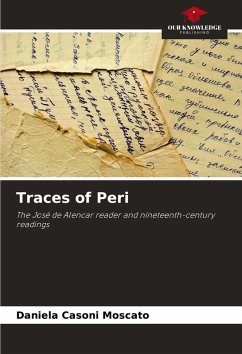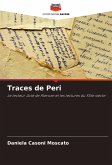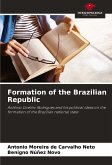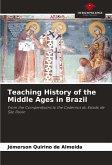This book aims to contribute to analyses of reading and its practices. For this purpose, the novelist José de Alencar was chosen who, not by chance, was also an assiduous reader of novels, colonial chronicles and travel reports. This thirst for reading can be seen in his correspondence, autobiography, prefaces, postscripts and fictional works such as O Guarani, from 1857. These narratives have made it possible to map a reader who recorded the places where he read, the works he read and, in particular, the appropriation of readings about an important element in his writing: the indigenous. This element, in fact, puts José de Alencar's work in contact with the great backdrop of the culture of romanticism and nationalism at the end of the 19th century, especially in Brazil. Thus, the aim of this work was to understand how certain narratives were apprehended by Alencar for the composition of the Indian in O Guarani.
Bitte wählen Sie Ihr Anliegen aus.
Rechnungen
Retourenschein anfordern
Bestellstatus
Storno








